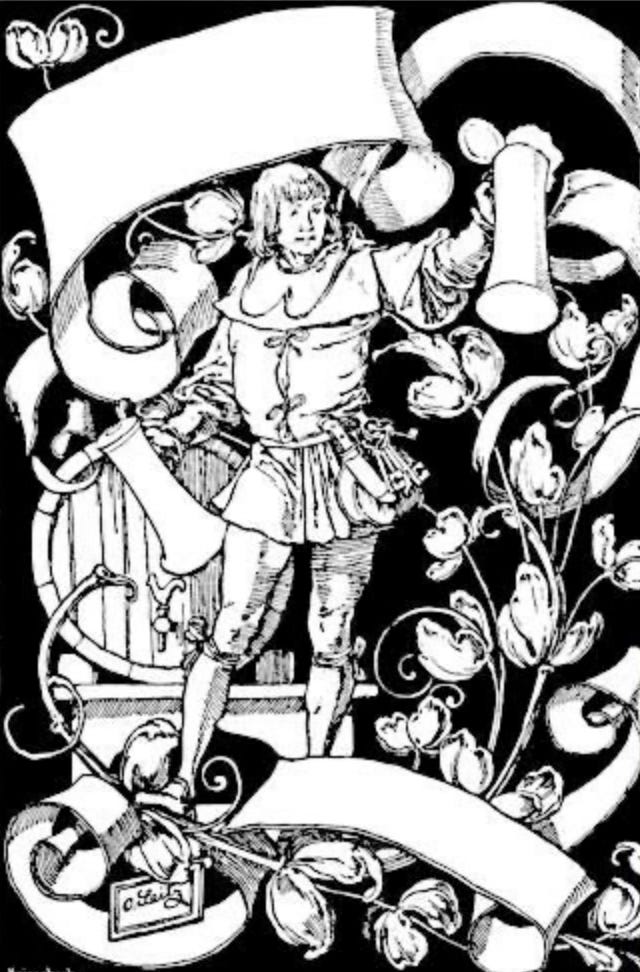On The Art of Drinking Well
Part II of the Civilizational Drink Series
“No pleasure is a bad thing in itself: but the things that produce certain pleasures bring troubles many times greater than the pleasures.” - Epicurus
The Crisis of Form
Modern man no longer knows how to drink. He drinks too much, or he doesn’t drink at all. He rips shots on Friday night and repents with electrolytes and podcasts on Saturday morning. He b…



